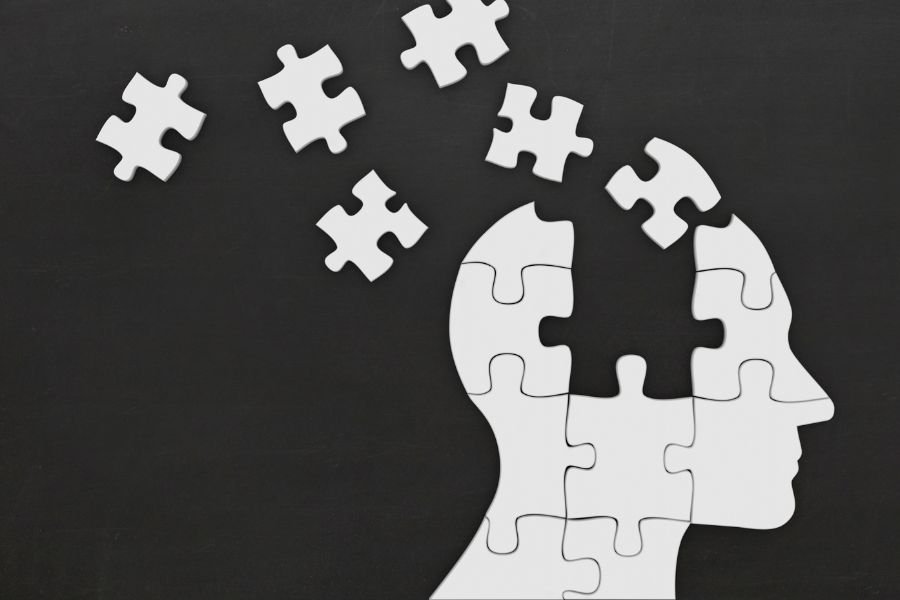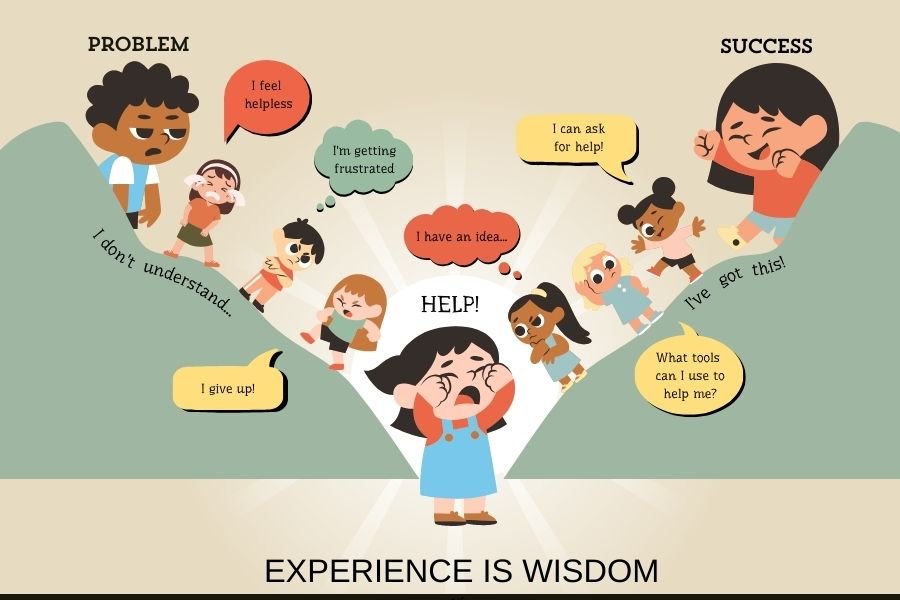Article by: Anshu Yadav
It is often said that an infant is born with a blank slate (tabula rasa), what the infant shapes into is what their environment has offered them in their years of growth and development. A human learns throughout their lifetime but often their inherent personality is always contributed by their early years as a child. There are exceptions as it has to be expected because humans are distinct and mentally more complex, yet, it has been generally seen that the early years of one’s childhood often sets the tone to the person they would become as an adult and eventually that shapes their whole life.
Modeling
A child, in his early years, learns through various ways, one such way is modeling, modeling how their guardian’s behavior or dress influenced them; they grasp and follow what their authority makes them learn. Religion or faith, for the most part, is the most evident instance of this, someone’s faith often shapes their beliefs and knowledge about the world, which is often what they have grown with, of course, there are many instances where people have gone against or even abandoned the faiths they have been born in, but that just adds to the complexity of human curiosity which in turn may also be influenced because of the environment they are born into. It has often been seen how many individuals themselves give credit to the environment they were brought up in as a child for how they have become as an adult. It can be agreed without much resistance that our early years as a child have majorly shaped us and in turn our whole lives as we grow up. Growing up is a continuous process that carries on until our deathbeds, we are always influenced, change the way we act or behave in a certain way but there is no denying that what we have acquired in our personality as a child, a part of it is always within us. A child brought up in a house surrounded by plants and gardens may find it unsettling to live in a small apartment with not even a hint of green in it.
Unloving Parents
Injuries to small children are naturally mirrored into dislikes for themselves. They don’t ask, “Why does my parent fail to care for me?” as much as they do, ‘How could I have let this admirable person down?’ Instead of doubting those who should be supporting them, they begin to despise themselves, and shame takes the place of anger. On balance, it appears to be the safest alternative. Then a vicious cycle of self-hatred begins. The unloved growing youngster is often thinking about their flaws. It makes no difference if their parent is an alcoholic, narcissistic, sadistic, or depressed, or if they shout incoherently from their bedroom. Much of this interaction is forgotten as childhood fades away. The teenager and young adult forget what happened; they are unable to recall events from their early years, and their parents may be afraid that they do not do so. The former child can’t tell anymore that their feeling of shame has specific origins; it can feel like something they might have been born with, a natural phenomenon, like bad weather or the flu.
Research conducted in The Norwegian Center for Child Behavioral Development revealed seven major areas of impact of parental alienation: (1) low self-esteem, (2) depression, (3) drug/alcohol abuse, (4) lack of trust, (5) alienation from own children, (6) divorce, and (7) other.
Eustress and toxic stress
Stress that is good for development, such as meeting new people or studying for a test, is beneficial since it prepares children to deal with future challenges. Another kind of stress i.e. toxic stress is bad for a child’s development. If a child is exposed to serious ongoing hardships like abuse and neglect and he/she has no other caregiver to provide support, the basic structure of his developing personality may get damaged. Without a sturdy foundation to properly support future development, he’s at risk for a lifetime of health problems, development issues, and even addiction.
Research conducted by Ghent University found that certain stress aspects increased physical activity, sweet food consumption, emotional eating, restrained eating, and external eating. Dietary effects were mainly in the oldest children and girls; stress increased physical activity in the youngest, whereas it tended to decrease physical activity in the oldest. One reversed direction effect was found: Maladaptive eating behaviors increased anxiety feelings.
We at Mindful Souls have a dedicated team of certified teachers and psychologists who focus on emotional wellbeing, strong moral character, wisdom, and a meaningful career at the later stage of the child. They monitor the progress of the child and map the journey throughout his life.
It is self-evident that character strengths are the bedrock of emotional well-being and long-term happiness. If you agree with this and want to learn more, sign up for The Good Life Program demo session.

References
L. Baker, A. J. (2005). The long-term effects of parental alienation on adult children: A qualitative research study. The American Journal of Family Therapy, 33(4), 289-302. https://www.researchgate.net/publication/228362179_The_Long-Term_Effects_of_Parental_Alienation_on_Adult_Children_A_Qualitative_Research_Study
Michels, N., Sioen, I., Boone, L., Braet, C., Vanaelst, B., Huybrechts, I., & De Henauw, S. (2015). Longitudinal association between child stress and lifestyle. Health Psychology, 34(1), 40. https://www.researchgate.net/publication/264865692_Longitudinal_Association_Between_Child_Stress_and_Lifestyle














